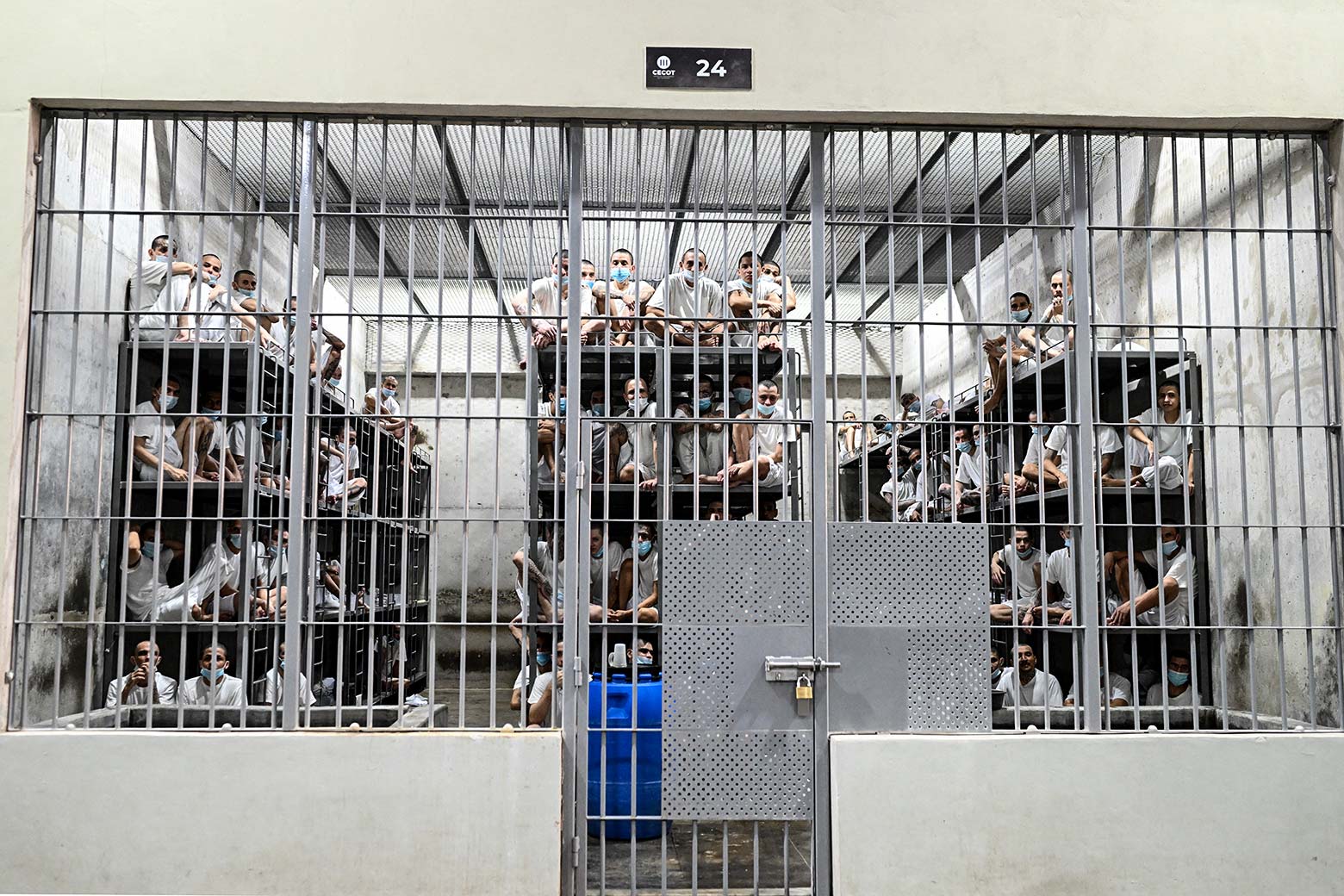Vietnam Celebrates 50 Years of Unity Since War's End with a Grand Commemoration

HO CHI MINH CITY, Vietnam In a historic celebration marking the 50th anniversary of the end of the Vietnam War, the leader of Vietnam's ruling Communist Party, To Lam, called for national reconciliation and unity among the Vietnamese people. His remarks came during an elaborate ceremony that reflected both the complexities of Vietnam's past and its ambitions for the future.
Lam emphasized the need for the private sector to take the lead in driving Vietnams economy forward. This shift in focus marks a significant departure from the previous era of state-controlled economic planning, as the party seeks to adapt to a rapidly changing global landscape. We are on the threshold of a new historic era, declared Lam, urging citizens to overcome obstacles and harness their potential to foster both economic growth and societal development.
Addressing the crowd, Lam stated, All of us are Vietnamese. We all have the right and the responsibility to contribute and build our motherland. This call to action resonates deeply as the nation reflects on a past marked by conflict and looks towards a future filled with potential.
In a noteworthy diplomatic gesture, the U.S. consul general in Ho Chi Minh City, Susan Burns, attended the event despite prior directives from the Trump administration discouraging attendance. This last-minute decision underscores the evolving relationship between the United States and Vietnam, which has improved significantly since the two countries normalized relations in 1995. The ties were further strengthened during a visit from former U.S. President Joe Biden in 2023, marking a new era of collaboration.
The celebrations included a month-long buildup culminating on April 30, the historic date when communist North Vietnam captured Saigon in 1975, effectively ending the war. The atmosphere in Ho Chi Minh City was electric, as thousands of troops from the army, navy, and air force participated in rehearsals that were met with enthusiastic cheers from the public. Young girls, armed with selfie sticks and smartphones, clamored for glimpses of the soldiers, whose disciplined formations and military gear invoked a sense of pride reminiscent of contemporary pop culture fandom.
The vibrant streets of Ho Chi Minh City transformed into a sea of red, the color of Vietnam's national flag, as crowds gathered early in the morning, many camping overnight to secure a good viewing spot. Following an official ceremony attended by top Vietnamese leaders and international guests, the highly anticipated military parade showcased soldiers marching in unison, equipped with domestically produced weapons that replaced the older Soviet designs, symbolizing Vietnams growing self-reliance.
Overhead, helicopters and Sukhoi fighter jets executed impressive flyovers, further enhancing the celebratory atmosphere. Veteran American journalist Jim Laurie, who witnessed the fall of Saigon, remarked on the palpable pride displayed by the Vietnamese people. It's a grand celebration, Laurie noted, and I see in the Vietnamese a tremendous pride. They are proud to have defeated the French, the Americans, and the Chinese.
However, Laurie also pointed out the selective nature of the narrative shared during the celebrations, stating, Theres no real sense of history in whats going on today. He highlighted the absence of discussions around the former South Vietnamese government, a topic that remains sensitive in contemporary discourse. Its a celebration of what they, the Vietnamese, have become and not what they were, he added.
Vietnam has made significant strides since the wars conclusion 50 years ago. Once embroiled in conflict, the country has transformed into a middle-income nation striving for further development. Lam has set an ambitious goal for Vietnam to achieve fully developed status by 2045, aiming for a robust economic growth rate of at least 8% by 2025. However, the countrys heavy reliance on exports poses challenges, particularly amid escalating global trade tensions and rising friction with major trade partners, China and the United States.
As Vietnam commemorates this pivotal moment in its history, the Communist Party is keen to galvanize public support for its initiatives, utilizing events like this anniversary to reinforce its legitimacy and connect with the citizens it governs.





















![More and more people who fled authoritarian regimes to come to America are now wondering what the hell the point of doing that was [Sad]](https://usrimg-full.fark.net/a/af/fark_afVyLK6A76BY6ifRPIfYRuTMUPM.jpg?AWSAccessKeyId=JO3ELGV4BGLFW7Y3EZXN&Expires=1746417600&Signature=Lj0NwOnrBFQnzsPx5sy97yd6VQU%3D)

![So, the patriots Jet flew from Fort worth to Guantanamo Bay, and back to Ft. Bliss. But the Pats spokesperson says "it wasn't used for deportation." Doesn't sound like it was, pal [News]](https://usrimg-full.fark.net/Q/QE/fark_QEeQuhNt3wIPFcA5kXRo91Z_voo.jpg?AWSAccessKeyId=JO3ELGV4BGLFW7Y3EZXN&Expires=1746417600&Signature=H5TgfooDTpGBxs6bURAgTVWye0c%3D)



